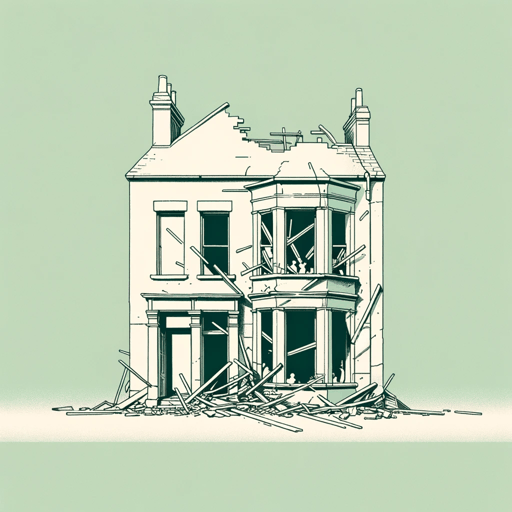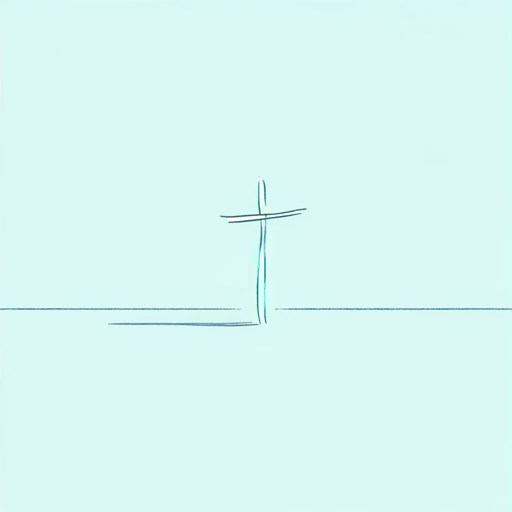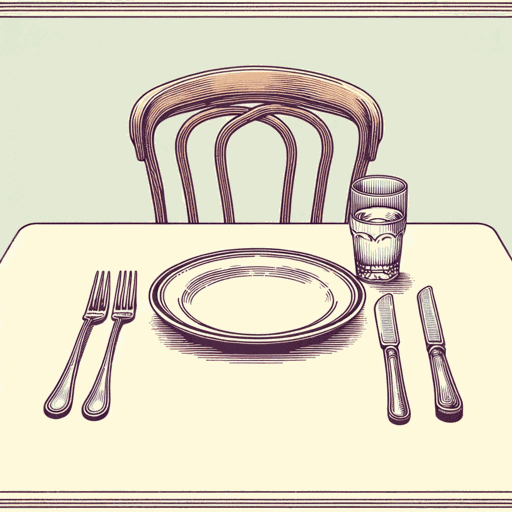39 pages • 1 hour read
Graham GreeneThe Heart of the Matter
Fiction | Novel | Adult | Published in 1948A modern alternative to SparkNotes and CliffsNotes, SuperSummary offers high-quality Study Guides with detailed chapter summaries and analysis of major themes, characters, and more.
Themes
The Centrality of Anti-Institutional Religion
The central questions of The Heart of the Matter revolve around issues of religion. Graham Greene, like the protagonist Scobie, was a Protestant convert to Catholicism. There are fundamental differences between the two Christian denominations. Many of these tensions are epistemological in nature, or relating to knowledge. While Protestantism views the Bible as self-sufficient and the exclusive authoritative source of religious knowledge, Catholicism views the scriptures of the Roman Catholic Church as equally authoritative. In other words, Catholicism places more emphasis on mediated learning through the institutional hierarchies of the Church and its theological and legal codes. At the top of this hierarchy is the pope, or supreme religious figure, which Protestantism rejects as anti-democratic. After all, Catholic means “universal,” hence the Catholic Church sees itself as a universal authority. These differences are important for understanding the role of religion in Greene’s self-described Catholic novel.
Through Father Rank, The Heart of the Matter explores a version of Catholicism that places less emphasis on law and doctrine, and more emphasis on private, individual belief. Scobie’s suicide, per Church teachings, should guarantee his eternal damnation. Yet, Father Rank hints at the possibility of another outcome. He says to Louise, the Church might know all the rules, but not “what goes in a single human heart" (254).
Related Titles
By Graham Greene

Brighton Rock
Graham Greene

Monsignor Quixote
Graham Greene

Our Man in Havana
Graham Greene

The Basement Room
Graham Greene

The Destructors
Graham Greene

The End Of The Affair
Graham Greene

The Power and the Glory
Graham Greene

The Quiet American
Graham Greene

The Third Man
Graham Greene

